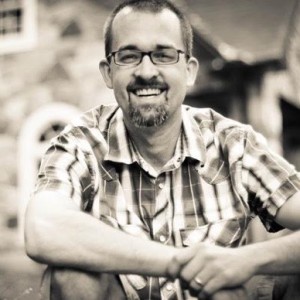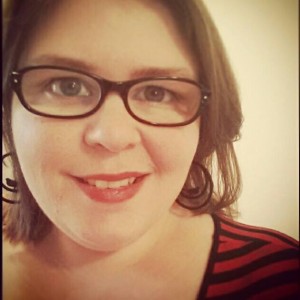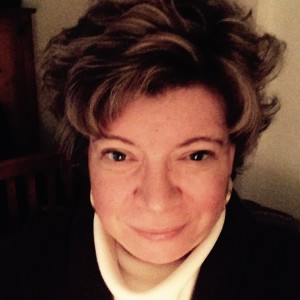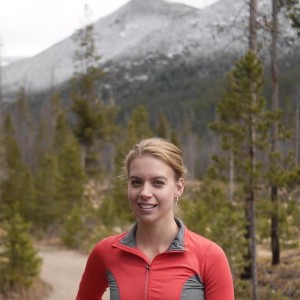I spent a few days back home recently. At my mom’s house in a suburb outside of Houston. I’ve actually never lived there. Not in that house, not on that street or in that town.
 I’ve never scaled those walls in the hallway. The back bedroom doesn’t have two different styles of wallpaper. The newer one from my high school years; a strip of the older wallpaper, from before the basement fire, in the closet still. The cement on the back porch doesn’t have my younger handprint engraved in it. The familiar items in the kitchen aren’t all in their right spot exactly. I mean, I can still find the sugar and flour in their Tupperware canisters to the right of the stove. The notebook, pens and scissors still have their exact spot so you can always find one when needed. But the cereal is now kept in the pantry closet, not in the cabinet above the dishwasher.
I’ve never scaled those walls in the hallway. The back bedroom doesn’t have two different styles of wallpaper. The newer one from my high school years; a strip of the older wallpaper, from before the basement fire, in the closet still. The cement on the back porch doesn’t have my younger handprint engraved in it. The familiar items in the kitchen aren’t all in their right spot exactly. I mean, I can still find the sugar and flour in their Tupperware canisters to the right of the stove. The notebook, pens and scissors still have their exact spot so you can always find one when needed. But the cereal is now kept in the pantry closet, not in the cabinet above the dishwasher.
It’s a little unsettling seeing the stuff from my childhood in another setting.
Even though I’ve only frequented the suburbs of Houston in my adult years, I do have my list of favorite places to eat when I visit. Of course, it’s not the Hy-Vee grocery on the edge of my hometown where there’s a tenderloin sandwich special on Tuesdays. Or the Chinese buffet that makes the best American-style chicken strips because my friend’s dad, who owns the restaurant building, taught the owners how. Or the new donut shop that opened recently. I frequent all of these when we go back to spend time with extended family still there.
We have our list though. My favorites in her new town don’t hold the childhood memories that I have of that small town in rural Missouri. But they’re new memories I’m making with my mom.
We were sitting in her living room one afternoon and I mentioned how at home I felt in that moment. She reacted with great surprise. In a shaky voice, she said, “Really? Because it always makes me feel bad that we can’t meet up at the old home place. I never imagined leaving there.” My mom grew up in a town so small it didn’t even have one stoplight. She married young and knew no greater joy than being a wife and raising a family. In that one statement, she expressed her ongoing incredulity at where life had taken her.
When Dad died suddenly in 2006, everything changed. Actually, things had been changing years before that. Divorce always changes things. But when Dad passed away and we uncovered the debt he’d been incurring, it became clear pretty quickly that the family property outside of my hometown would need to be sold. Mom already lived in town by then but I think we’d all thought the property would ultimately be our gathering place. Even though my brother and I lived in other states. Even though my mom had left behind her lifelong dreams some time ago along with the house they had built together.
I think a part of her never forgave herself for walking away from it all. She really had no choice. We understood that. But the heart always wonders.
“Mom,” I said. “Since the divorce you’ve lived in a few different places. They’ve all felt like home to me because you’re there. When I visit, my heart knows I’m going to see my mom.”
There will always be a part of me that wishes my mom still lived in the little ranch house on Route 4. I’d enjoy watching my daughter set up a picnic under one of the trees in the front yard. We planted them in the 70‘ so they’re probably mature by now. It would give me endless pleasure to set out walking on the dirt road of my childhood, three generations across. We’d take a walk to the old Methodist church, although its doors are closed for good now. On the way back, maybe we’d swing by the cemetery and have a short visit with dad. But it wasn’t meant to be.
Life takes us so many places. I’ve learned this along the way. Wherever it takes mom, my heart will find a home there.
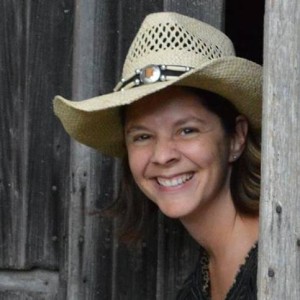 My name is Traci. I live in southwest Michigan, somewhere in a triangular section connecting Kalamazoo and Grand Rapids with all things Lake Michigan. My husband and I parent one daughter. We have dogs, cats, pigs and chickens. Their number is always changing, as farm animal counts tend to do. I enjoy watching sports, reading, cooking and all things Bible study. I am a writer. When I first started blogging, I wondered about what unique voice I could bring. I’ve landed on this one line: A country girl goes to church.
My name is Traci. I live in southwest Michigan, somewhere in a triangular section connecting Kalamazoo and Grand Rapids with all things Lake Michigan. My husband and I parent one daughter. We have dogs, cats, pigs and chickens. Their number is always changing, as farm animal counts tend to do. I enjoy watching sports, reading, cooking and all things Bible study. I am a writer. When I first started blogging, I wondered about what unique voice I could bring. I’ve landed on this one line: A country girl goes to church.

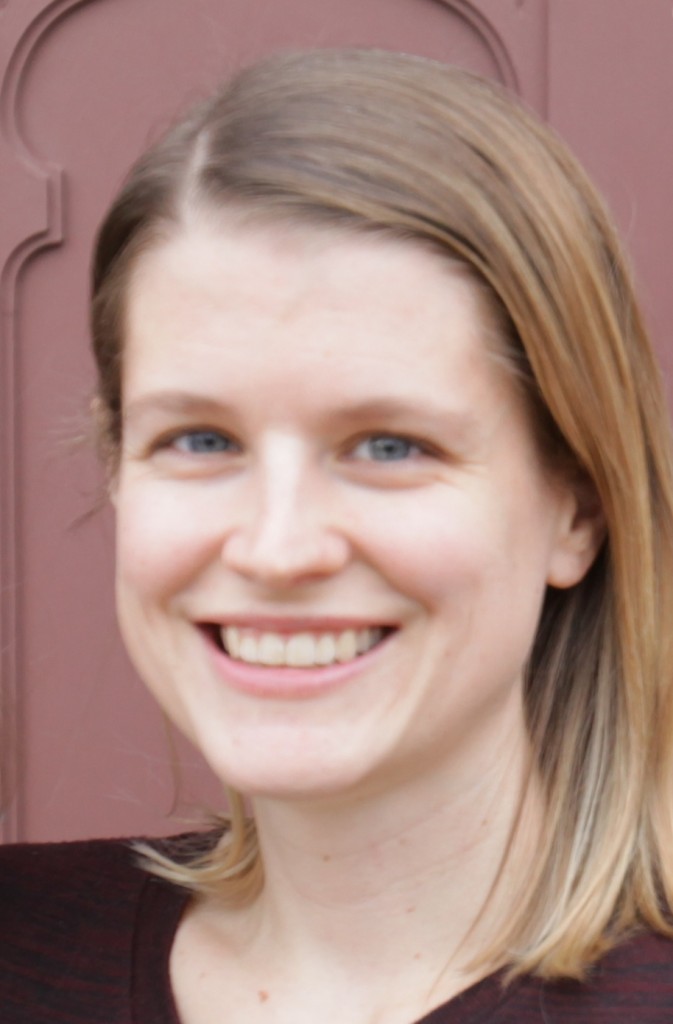

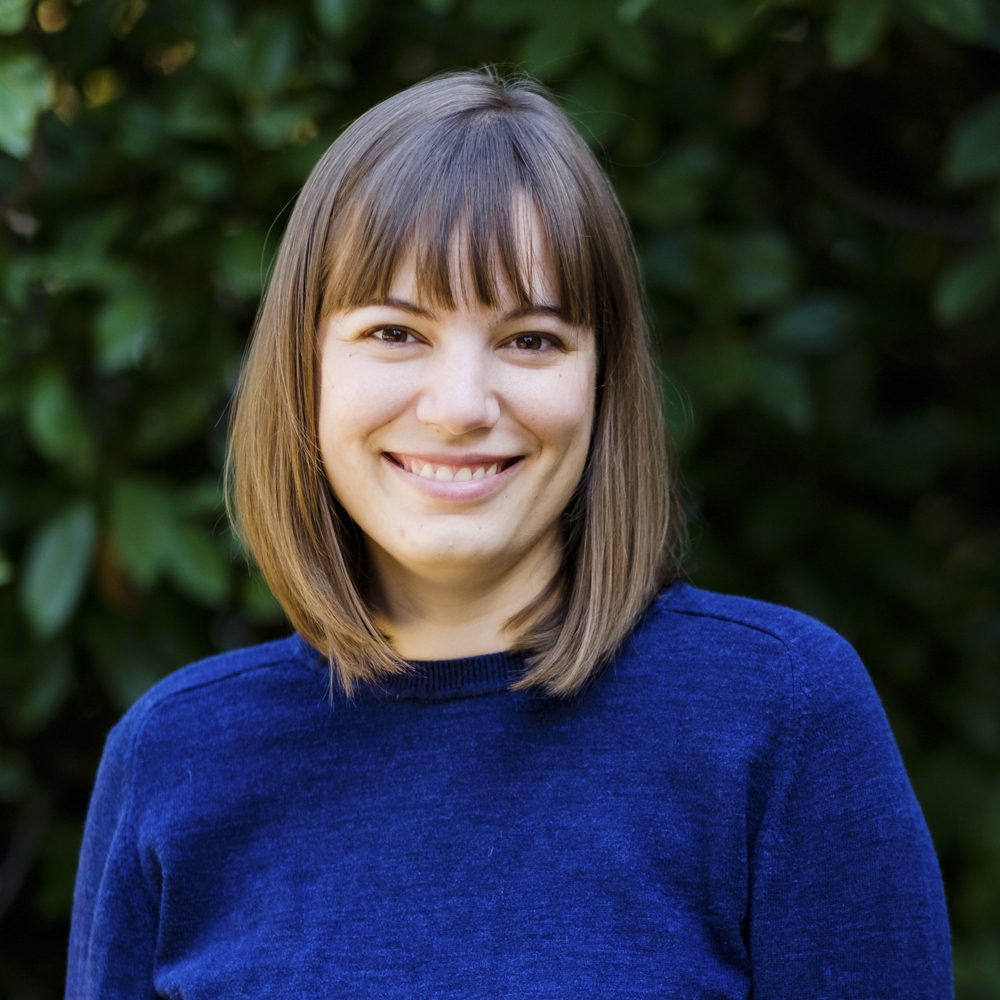


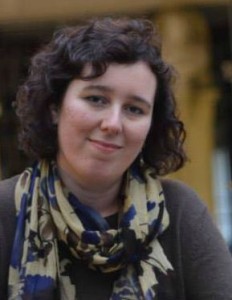
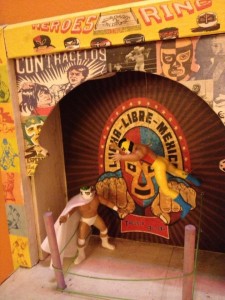 I traveled back south, to revisit places and people I know, love, and miss. Already home was a place I could not access, although I was comforted by a Southern drawl, a Cajun twang, an East Texas pacing of speech. The molasses air felt like a hug. I swallowed my pride, and told the loved ones I’d abandoned that I had not found eternal happiness in committing this crime against home.
I traveled back south, to revisit places and people I know, love, and miss. Already home was a place I could not access, although I was comforted by a Southern drawl, a Cajun twang, an East Texas pacing of speech. The molasses air felt like a hug. I swallowed my pride, and told the loved ones I’d abandoned that I had not found eternal happiness in committing this crime against home.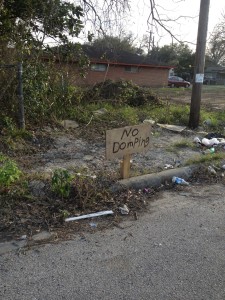 there was what I called urban scenery: railroad trestles along a bayou with a junkyard in the midground, viewed from a grassy path. Definitely a different kind of picturesque, but a memorable picture nonetheless.
there was what I called urban scenery: railroad trestles along a bayou with a junkyard in the midground, viewed from a grassy path. Definitely a different kind of picturesque, but a memorable picture nonetheless.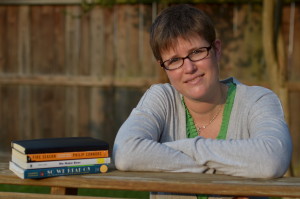
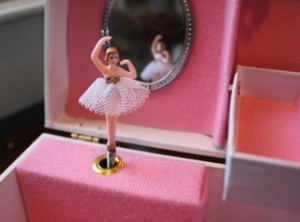
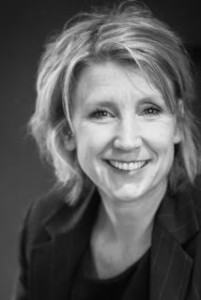
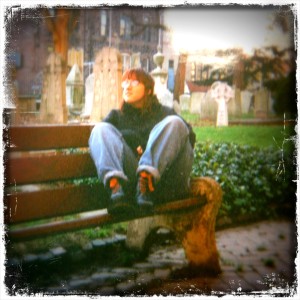
 erlmutter writes about unabridged life, fragmented faith, and investing in the mess at her blog
erlmutter writes about unabridged life, fragmented faith, and investing in the mess at her blog 



